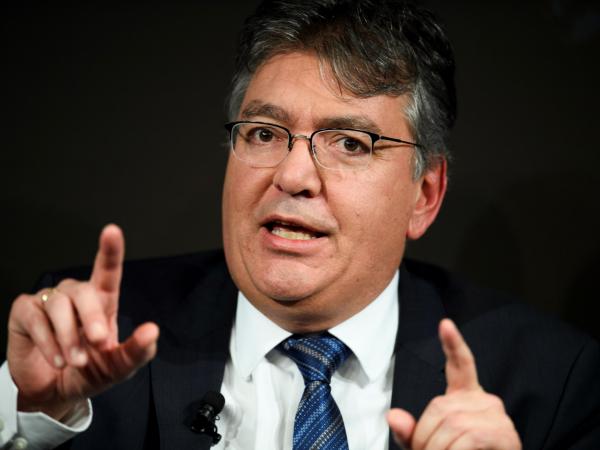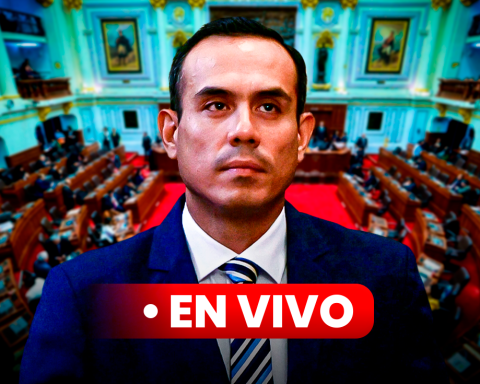Fundraising, via capitalization bonds, by charitable social assistance entities is the objective of a substitute for Senator Lasier Martins (Pode-RS) to the Senate Bill PLS 329/2018 approved this Tuesday (22) on a terminative basis by the Committee on Economic Affairs (CAE). If there is no appeal to the Senate plenary, the matter goes straight to the deputies’ consideration.
Through capitalization, consumers pay a certain amount to constitute capital. They participate in sweepstakes and, at the end of the stipulated period, can redeem part or all of the capital or purchase goods or products.
The approved text provides that consumers can cede the right of redemption to social assistance entities. If you do not agree with the assignment of the redemption right, the consumer must communicate the fact directly to the premium bonds company until the day before the first draw provided for in the premium bonds is held.
Capitalization bonds must have simplified contracting and must be regulated by the Executive. The draws must use the results of lotteries authorized by the Government or their own means. The results and the respective winners must be disclosed in the same media used to promote the products.
“The resources obtained through campaigns by charitable entities with capitalization bonds must be used exclusively in the entity’s activities. Only expenses related to publicity and promotion of fundraising campaigns are allowed”, says the proposal.
Modality
The sale of capitalization bonds in the “incentive modality” is a recurring and very important practice for these entities. The incentive modality is when the capitalization bond is linked to a promotional event instituted by the subscriber, that is, the entity that buys the bond and assigns it in whole or in part to customers who consume the product used in the promotional event.
The main criticism leveled at the modality is a circular issued by the Superintendence of Private Insurance (Susep), which prohibits its use by these entities. Susep created the “award-winning philanthropy modality”, under the argument of benefiting social assistance entities. The circular means that all control over the incentive modality becomes the capitalization company, so that the benefited entities would only receive the resources to apply in their social function.
Lasier explains that, legally, the capitalization bond is a credit bond marketed by capitalization companies, with the objective of forming capital, but associated with a lottery character, of drawing prizes. In this product, the amount invested by the investor is basically intended for three purposes: savings (capitalization quota), raffle (draw quota) and coverage of administrative expenses and plan placement (load quota). With this, the fundraiser competes for prizes, receiving at the end of the investment their money plus adjustments and subtracting the administration fee and the quota for drawing.
“In the case of a raffle promoted by a philanthropic entity, the nature of the bond is no longer an instrument for creating savings, with the award being highlighted as the main characteristic, alongside the allocation of resources to activities of social interest as a second characteristic. The philanthropic entity becomes the beneficiary of the share of capital, while the purchaser of the title competes for the value of the premium”, states the report.
For Lasier, the central issue is in the distribution of resources between the lottery quotas, also called prize quota, loading quota and capitalization quota. The original text, by former senator Ana Amélia, provided for a minimum of 10% for the capitalization quota. In this way, up to 90% could be allocated to the lottery quota and the loading quota. The rapporteur noted that the profits of capitalization companies are included in the loading costs.
The substitute, according to the senator, will maintain transparency in loading costs and, at the same time, facilitate adhesion by capitalization companies, in addition to increasing fundraising by philanthropic entities.
Bank of Brazil
At today’s meeting, the CAE also approved an invitation request – authored by Senator Renan Calheiros (MDB-AL) – to hear the president of Banco do Brasil, Fausto de Andrade Ribeiro. Calheiros wants explanations about complaints published by the press that the institution has restricted access to credit to states governed by opposition parties. There is no date for the hearing yet.

















